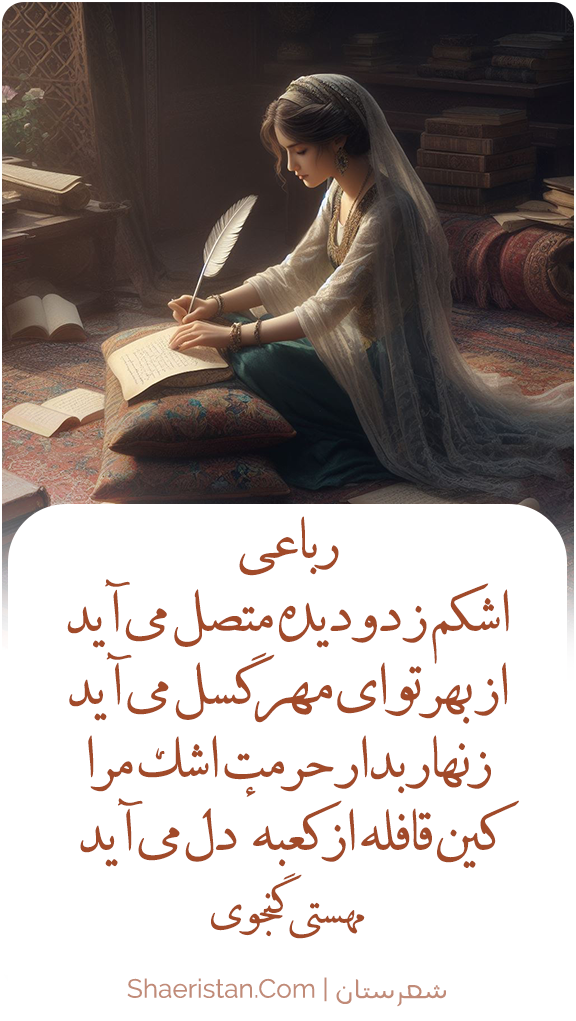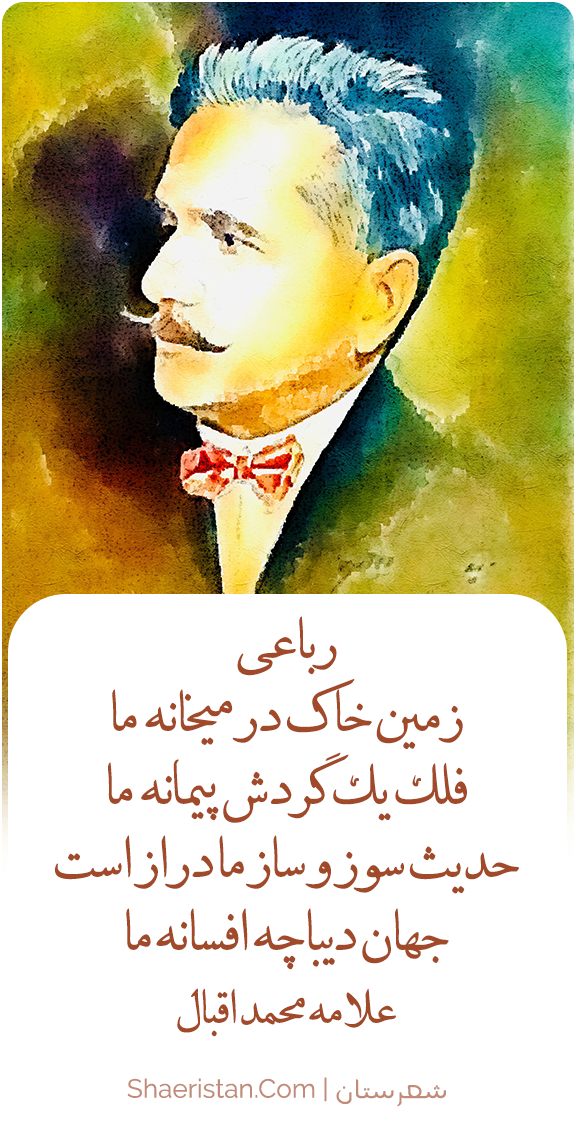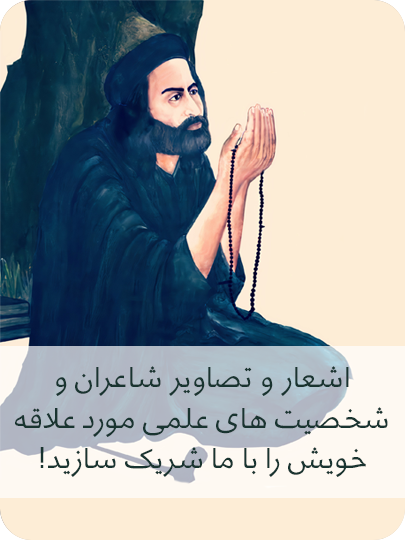Jauhar, the Sultan’s servant, said, “We have been told that we must repeat the Muslim credo five times during our lifetime. What if we don’t understand the words, or do not memorize them correctly? After death, what questions will we be asked, seeing that we have forgotten even the questions we were taught?”
Rumi replied: If you forget what you have learned, then of course you become a clean slate suitable for questions that you have not learned.
Now, this minute, you are listening to me. You accept some part of what I say because you have heard similar things before, but some you only half accept, and concerning other things you hesitate. No one hears this rejection or acceptance, or the debate going on within you. Even though you are listening, no sound or voice comes to your ear from within you. If you search inwardly, you will find no instrument of speech.
This coming of yours, to visit me, is itself a question without a throat or tongue, namely, “Show me a way, and explain what you have shown.” My sitting with you, whether silent or speaking, is an answer to your hidden questions. When you wait upon the king, that is a question addressed to the king and an answer. Every day the king questions his servants without tongue: “How do you stand? How do you eat? How do you look?” If anyone has a wry look within them, their answer inevitably comes out awry and they cannot give a straight answer. In the same way someone who stammers, however much they wish to speak straight, is unable to do so. A goldsmith who rubs gold against a stone is questioning the gold, and gold answers, “This is I. I am pure.” Or, “I am alloyed.”
The crucible knows after you’ve been tested
Whether you are gold,
Or merely copper with gold covering.
Hunger is a questioning of nature: “There is a crack in the body’s house. Give a brick. Give clay.” Eating is an answer: “Take.” Not eating is also an answer: “Wait until later. The brick is not yet dry.” The physician comes and takes our pulse. That is a question – the throbbing of the vein is the answer. Examining the urine is an unspoken question and answer. To cast a seed into the ground is a question: “Will you give fruit?” The growing of the tree is an answer without a tongue. Because the answer is wordless, the question must be wordless, too.
A king read three letters from the same man, but did not answer. The subject wrote a complaint, saying, “Three times now I have petitioned your majesty. Let your majesty at least say whether my petition has been accepted or rejected.” The king wrote on the back of the letter, “Do you not know that refusing an answer is an answer itself, and that the answer to a fool is silence?”
A tree’s not growing is a refusal to answer, and is an answer itself. Every motion people make is a question. Whatever happens to them, whether sorrow or joy, is an answer. If they hear a pleasant answer, they show their thanks. Thanks is expressed by asking the same kind of question again. If they hear an unpleasant answer, they quickly ask God’s forgiveness and do not repeat that kind of question.
“If only, when Our might came upon them,
They had been humble!
But their hearts were hard.”
In other words, they did not understand that the answer they received came from the question they asked.
“And Satan decked out fair to them
What they were doing.”
This means they saw the answer to their question but said, “This ugly answer is not appropriate to our fair question.” They did not realize that smoke comes from the fuel, not the fire. The drier the fuel, the cleaner the flame. If you entrust your garden to a gardener, and you smell a disagreeable odor, suspect the gardener and not
the garden.
Someone said, “Why did you kill your mother?” The other answered, “I saw her sleeping with a strange man.” The first person said, “You should have killed the stranger.” The second one said, “Then I would be killing someone every day.”
Therefore, whatever happens to you, correct your own self, then you will not have to fight with someone every day. If others say, “Everything is from God,” we reply: Then to reproach one’s own self and to let the world be is also from God.
This is like the story of a boy who shook down apricots from a tree and ate them. The owner of the orchard caught him and said, “Aren’t you afraid of God’s punishment?” The boy said, “Why should I be afraid? The tree belongs to God, and I am God’s servant. God’s servant ate God’s fruit!” The owner said, “Wait and see what answer I shall give you. Fetch a rope, tie him to this tree and beat him until the answer is made clear!” The boy said, “Aren’t you afraid of God’s punishment?” The owner answered, “Why should I be afraid? You are God’s servant, and this is God’s stick. I am beating God’s servant with God’s stick!”
The moral is that this world is like an echo – whatever you say, whether good or evil, you hear the same from the mountain. If you think, “I spoke beautifully and the mountain gave an ugly answer,” this is impossible. When the nightingale sings in the mountain, does the mountain return the voice of a raven or a donkey? Know for certain then that you have spoken like a donkey!
Speak sweetly when crossing the mountain pass,
Why do you bray like an ass?
The azure sky sends back the note,
Of sweetness from your own throat.






